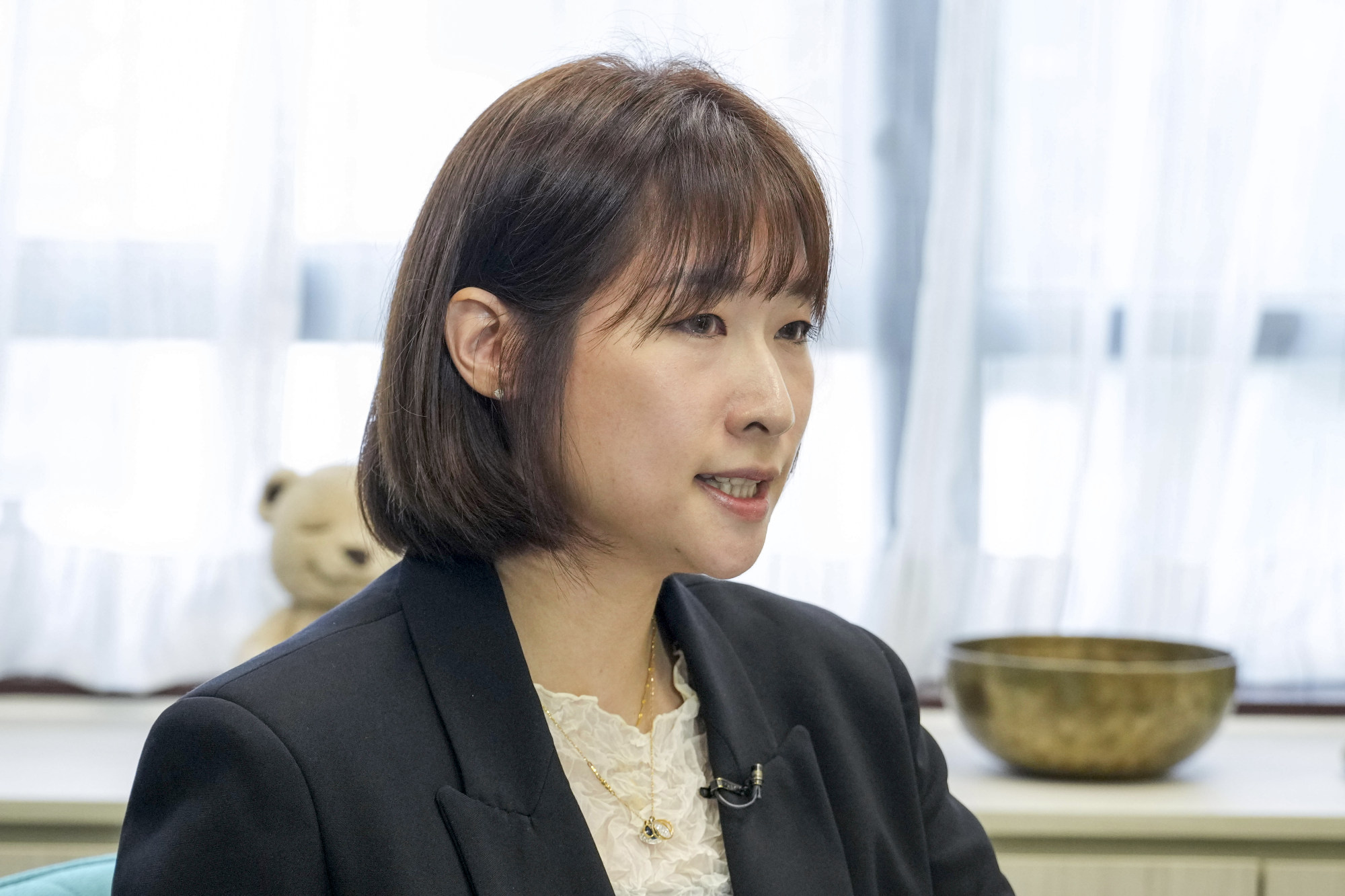
Hong Kong occupational therapists call for training, guidelines over proposed child abuse reporting system
- Professionals need help to understand responsibilities under bill being scrutinised in legislature, Chloe Mo of Hong Kong Occupational Therapist Association says
- Added responsibilities might compromise service quality in public sector where therapists have less time to follow up with clients than private practitioners, she warns
Chloe Mo Sung-yu of the Hong Kong Occupational Therapist Association said professionals needed more help to understand their new responsibilities under a bill being scrutinised in the legislature.
“This [new requirement] would mean heftier responsibilities on our shoulders, this is certainly a bit stressful,” she said. “We think if there is more support, we can understand the intended meaning of the penalties.”
The Mandatory Reporting of Child Abuse Bill set out 13 categories of professionals in contact with children who are required to report suspected cases of child abuse, with penalties of up to three months in jail and a HK$50,000 (US$6,390) fine for those who fail to comply.
Professionals covered in the proposed legislation span the social welfare, education and healthcare sectors.
But welfare authorities on Monday put forward an amendment exempting professionals who did not raise the alarm over a case if they “sincerely and reasonably believed” another had done so.
The government will also have to prove a professional had suspicions about a case and lay out constituent elements for cases of “serious harm”.
Mo, a practising occupational therapist for 15 years, said she was concerned whether her colleagues would have sufficient information to detect signs of potential abuse in children.
In Hong Kong, occupational therapists receive clients upon doctor referrals. For children, the professionals commonly performed a developmental assessment to determine motor and cognitive skills, as well as sensory processing abilities, before beginning specialised treatment.

Mo said occupational therapists gauged a child’s physical, emotional and social skills against indicators for their age group to determine treatment.
“We might see [the client] once a week, but we are still worried whether we have sufficient understanding of their cases to determine whether we should report it,” she said.
She recalled that once during her six years of working for the Hospital Authority she saw a five-year-old boy who presented lower-than-average motor skills during an assessment.
“I had never seen him before and was a stranger to him, but once he saw me [during the consultation], he hugged me. Perhaps he was craving more care,” Mo said.
Penalties cut for Hong Kong professionals under child abuse bill changes
She said she never found out whether the case involved abuse as she had no further involvement beyond the initial consultation.
Mo was also concerned that additional responsibilities might compromise service quality, particularly in the public sector where therapists had less time to follow up with clients than their private practice counterparts.
She said therapists in the public system would have to spend valuable time gauging a child’s family background during a consultation instead of offering treatment right away.
What risks do Hong Kong professionals face in new bill to prevent child abuse?
“The spirit of the requirement isn’t having professionals inquiring about family history [ …] but whether they notice any injuries, bruises or scars during their service that they think are non-accidental injuries,” Chan said. “It’s about raising this awareness.”
The paediatric psychiatrist, who has handled child abuse cases in the past, suggested the government set up a hotline for professionals to reach the Social Welfare Department’s Family and Child Protective Services Unit for advice on whether to make a report.
“There needs to be training for professional staff, especially for those who aren’t familiar with child abuse but will contact children and teenagers,” Chan said. “They need to know how to be aware of signs of child abuse.”

